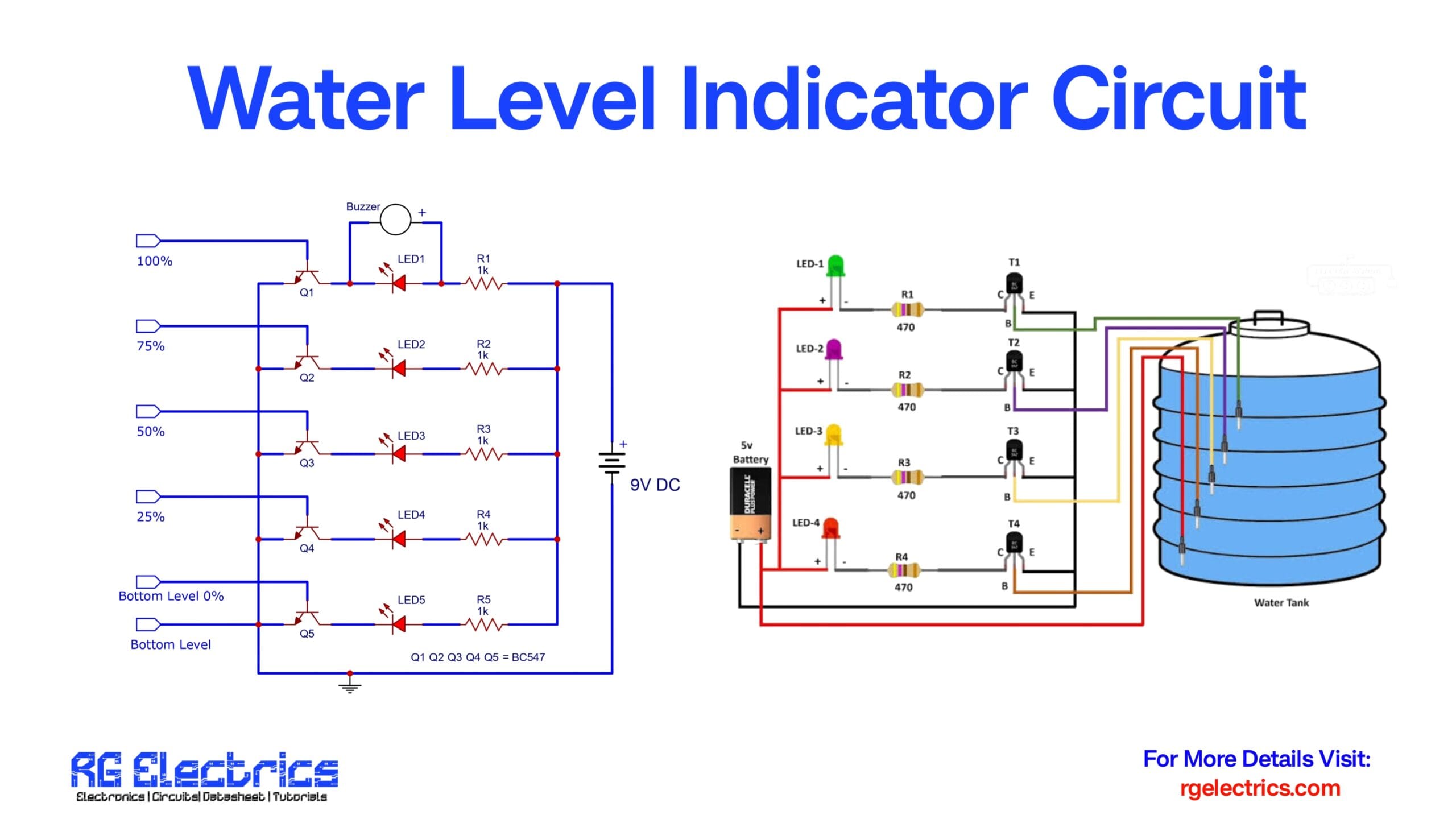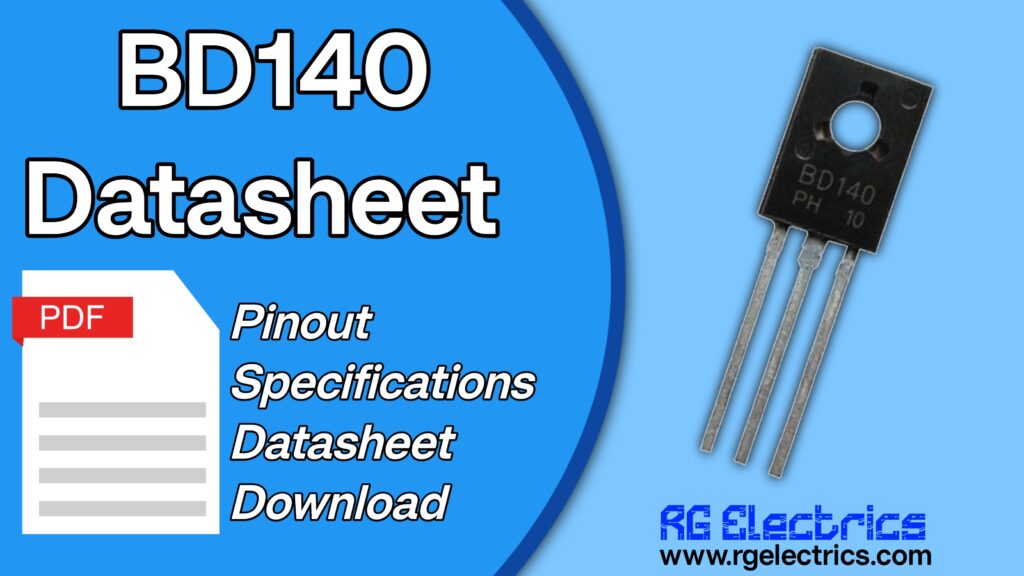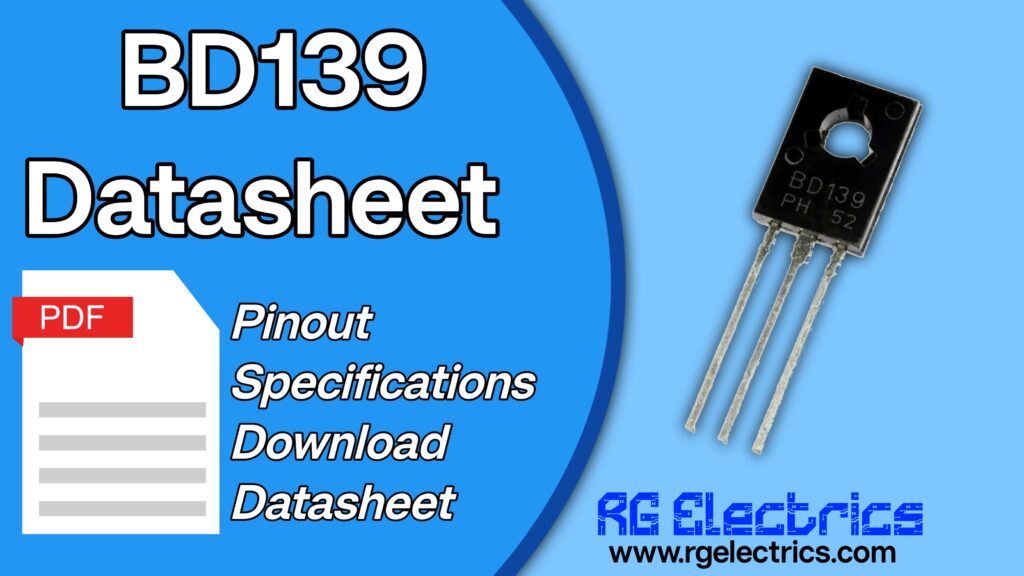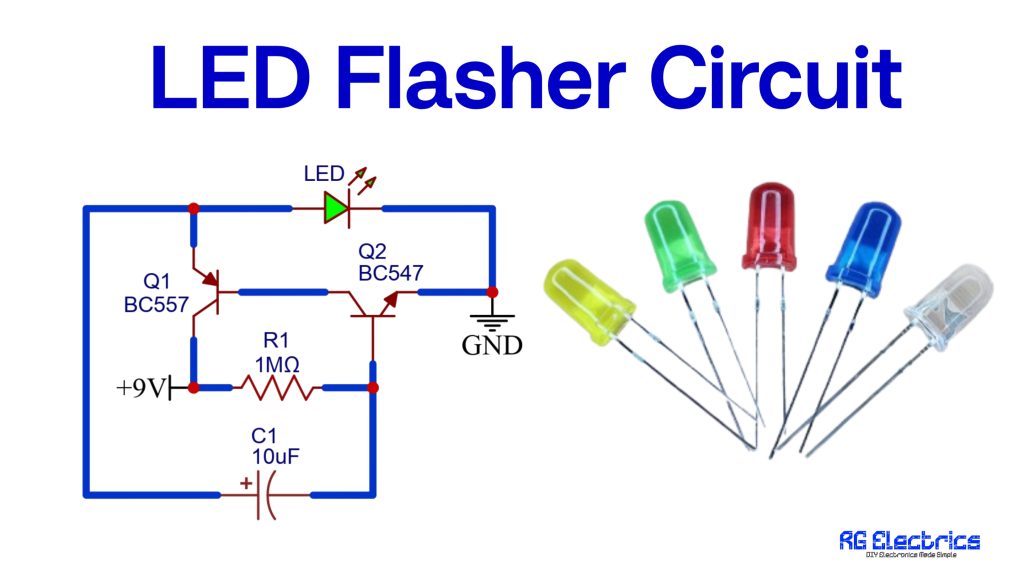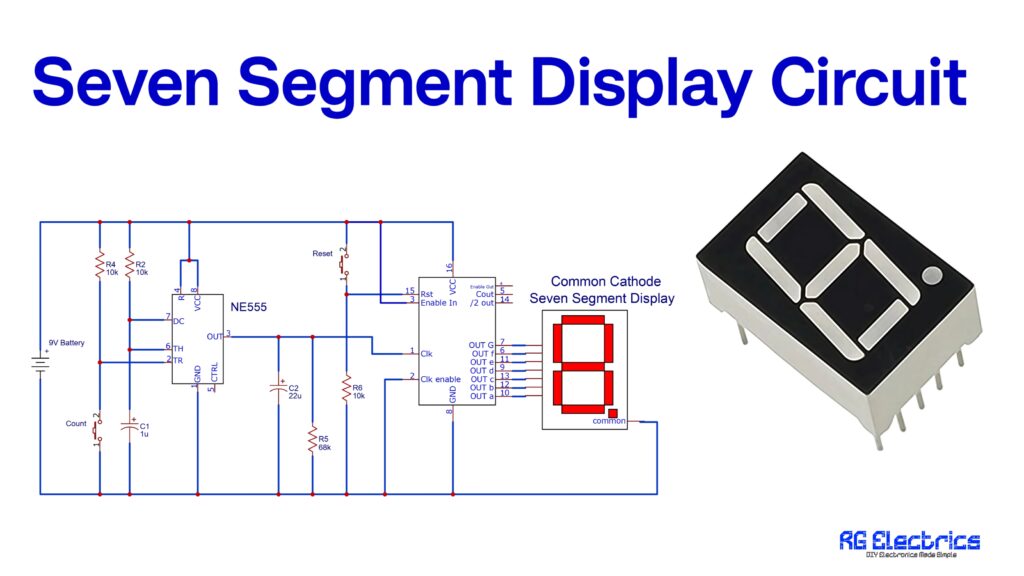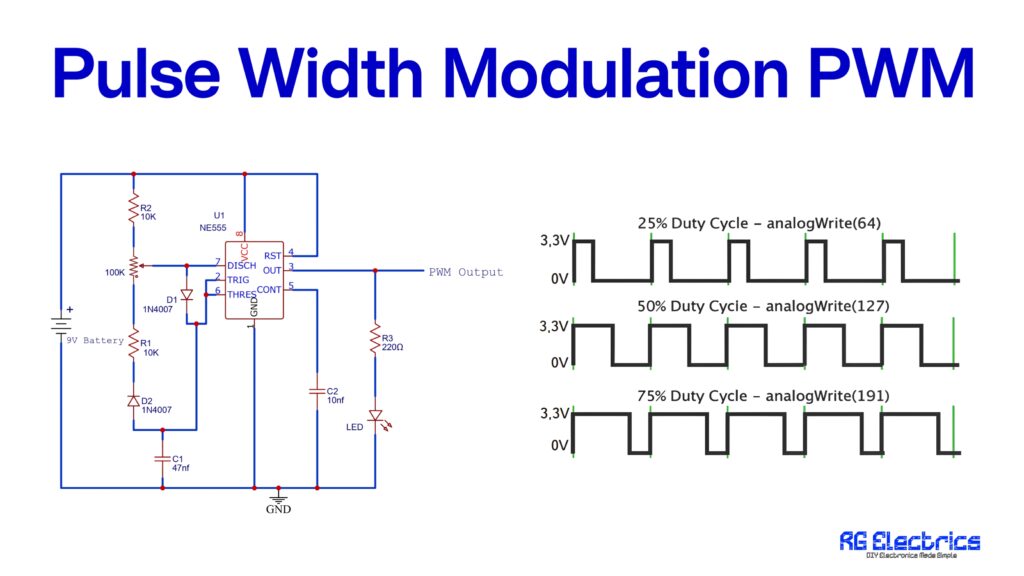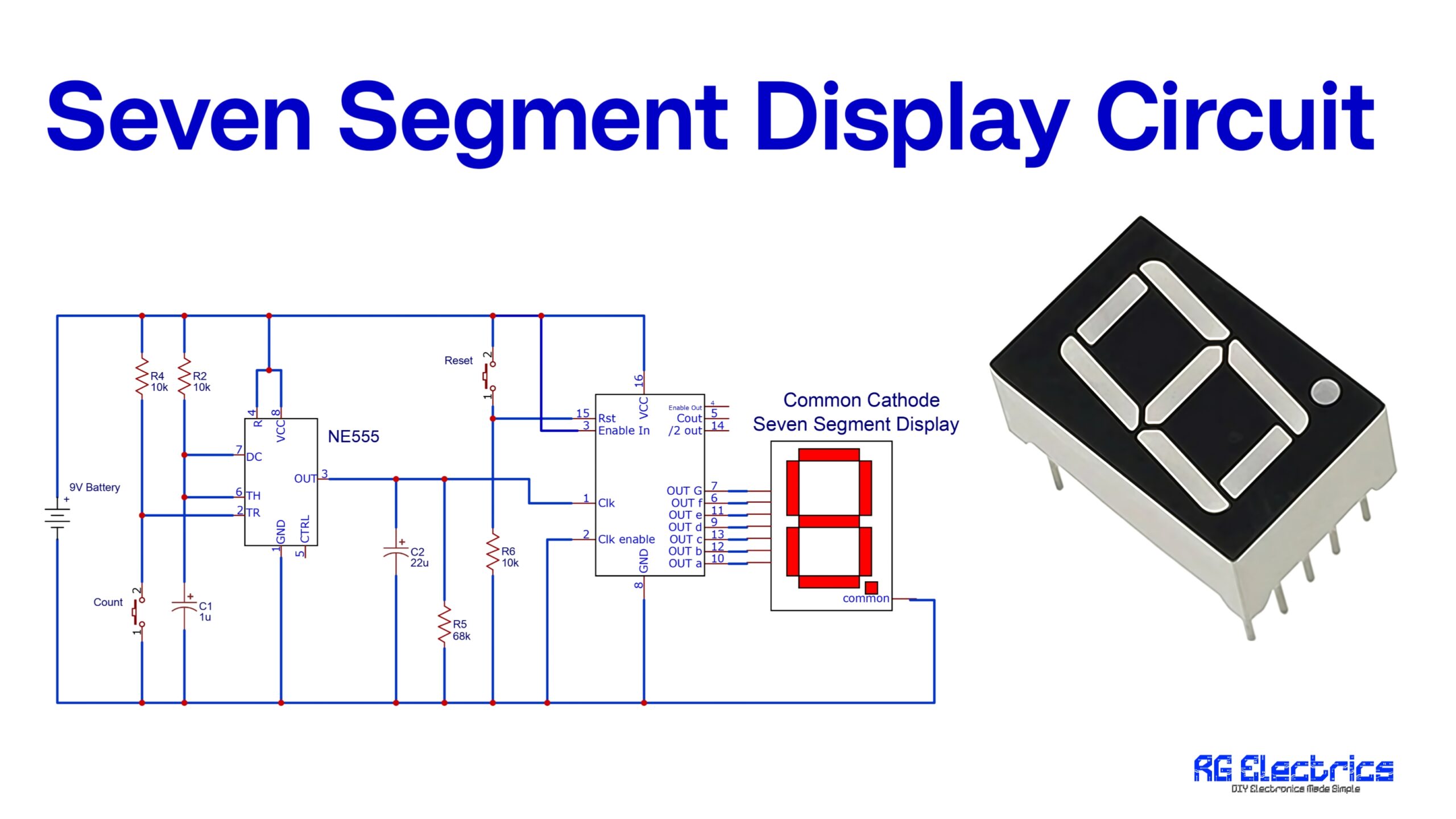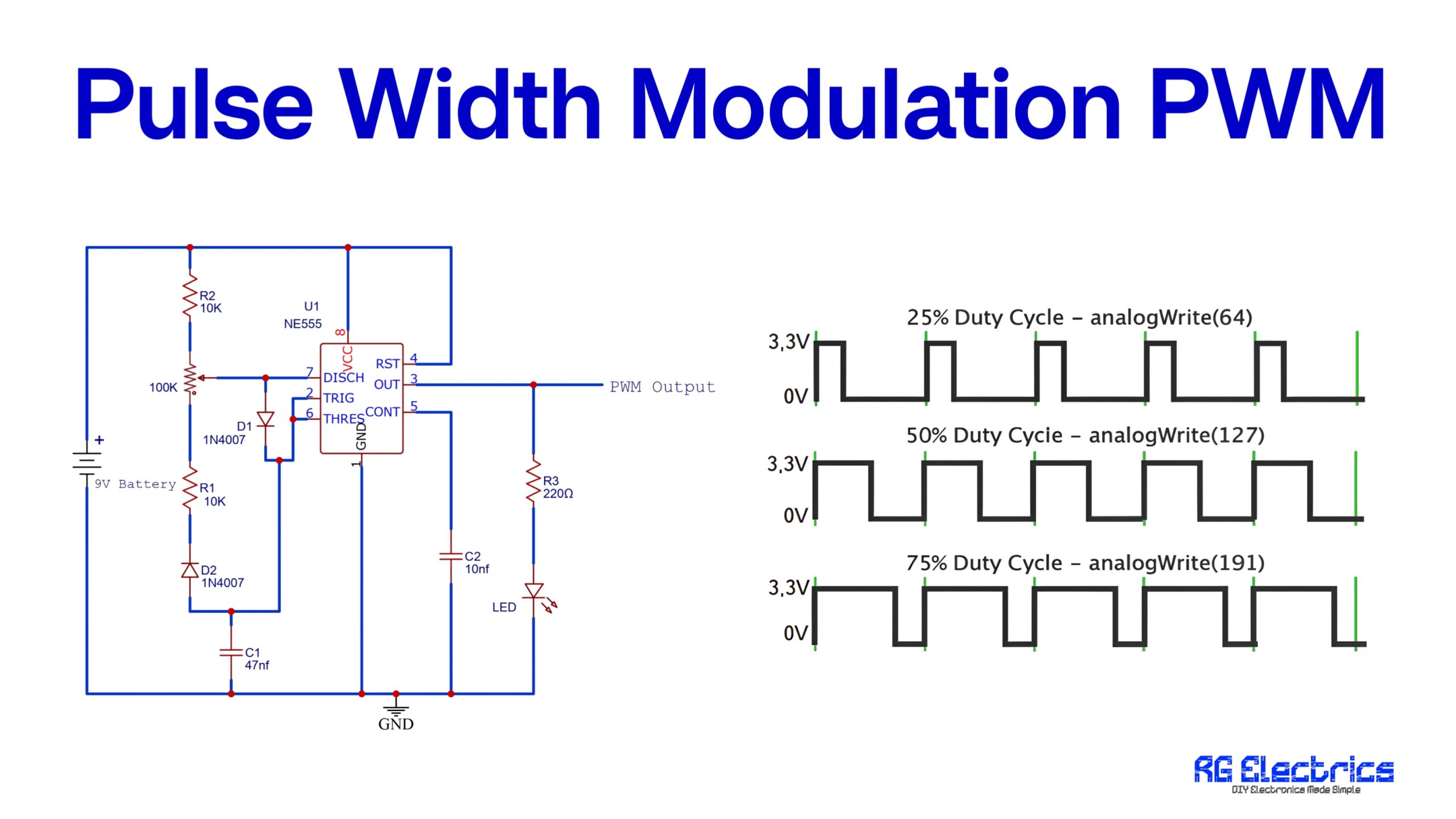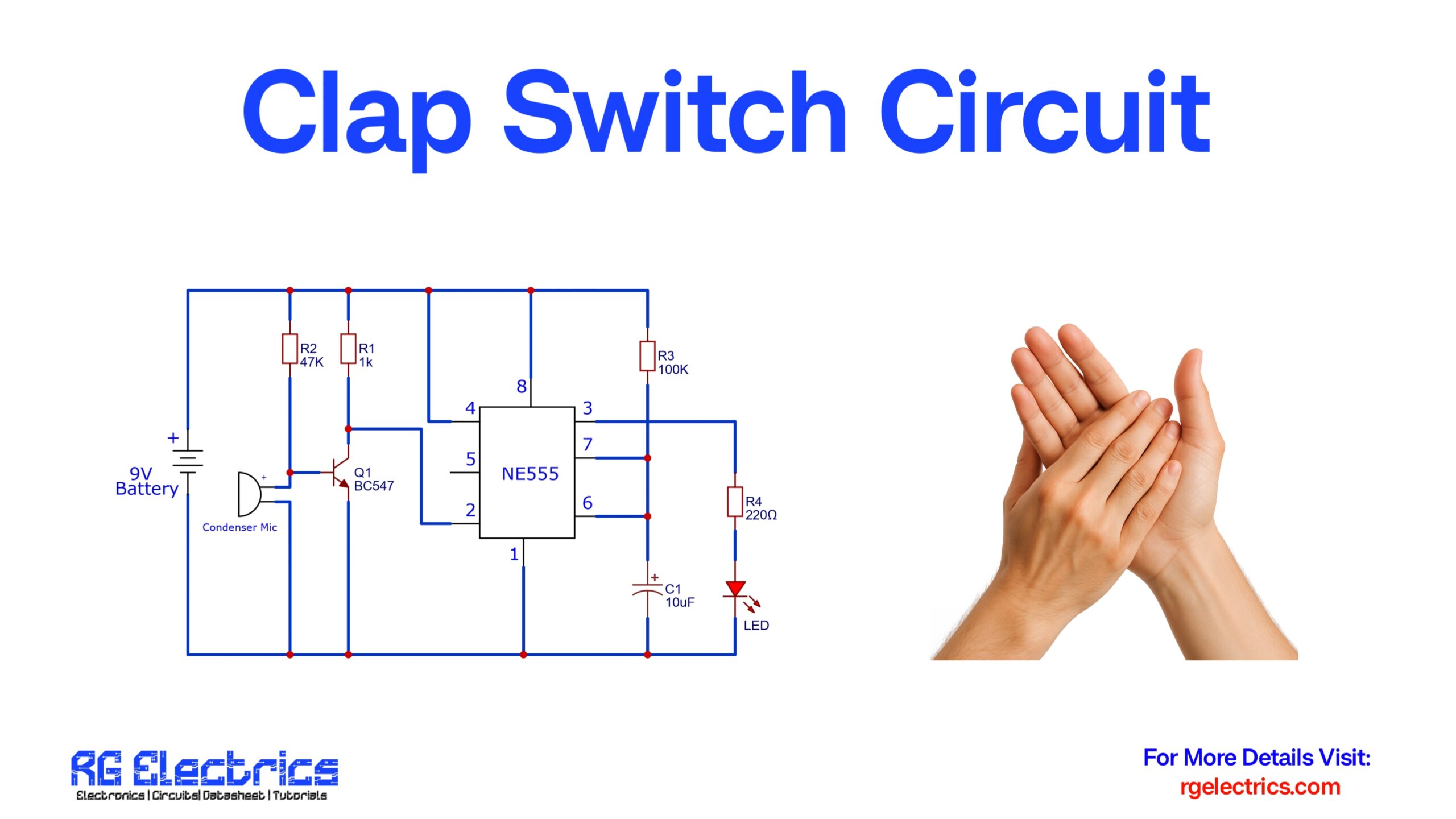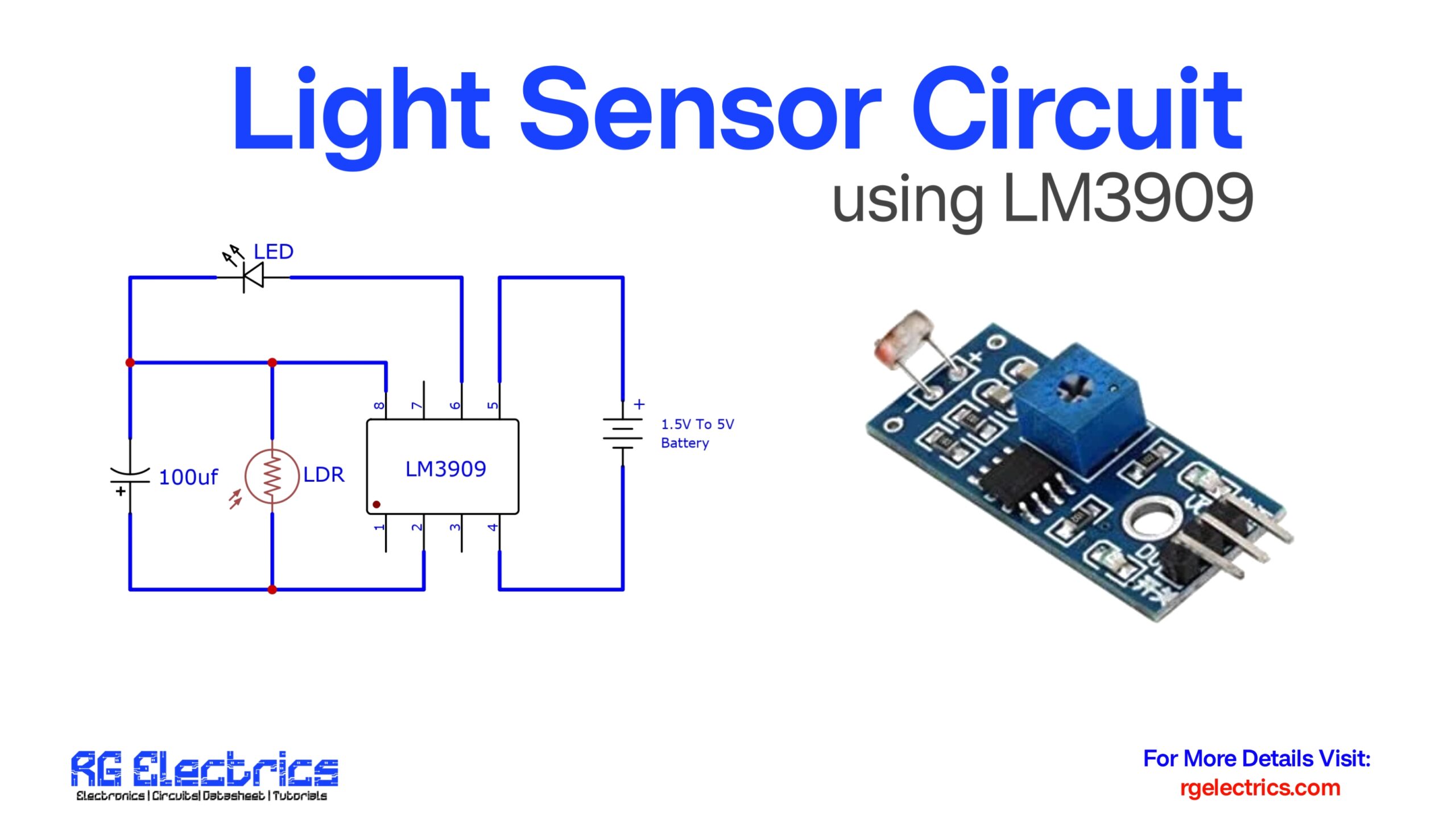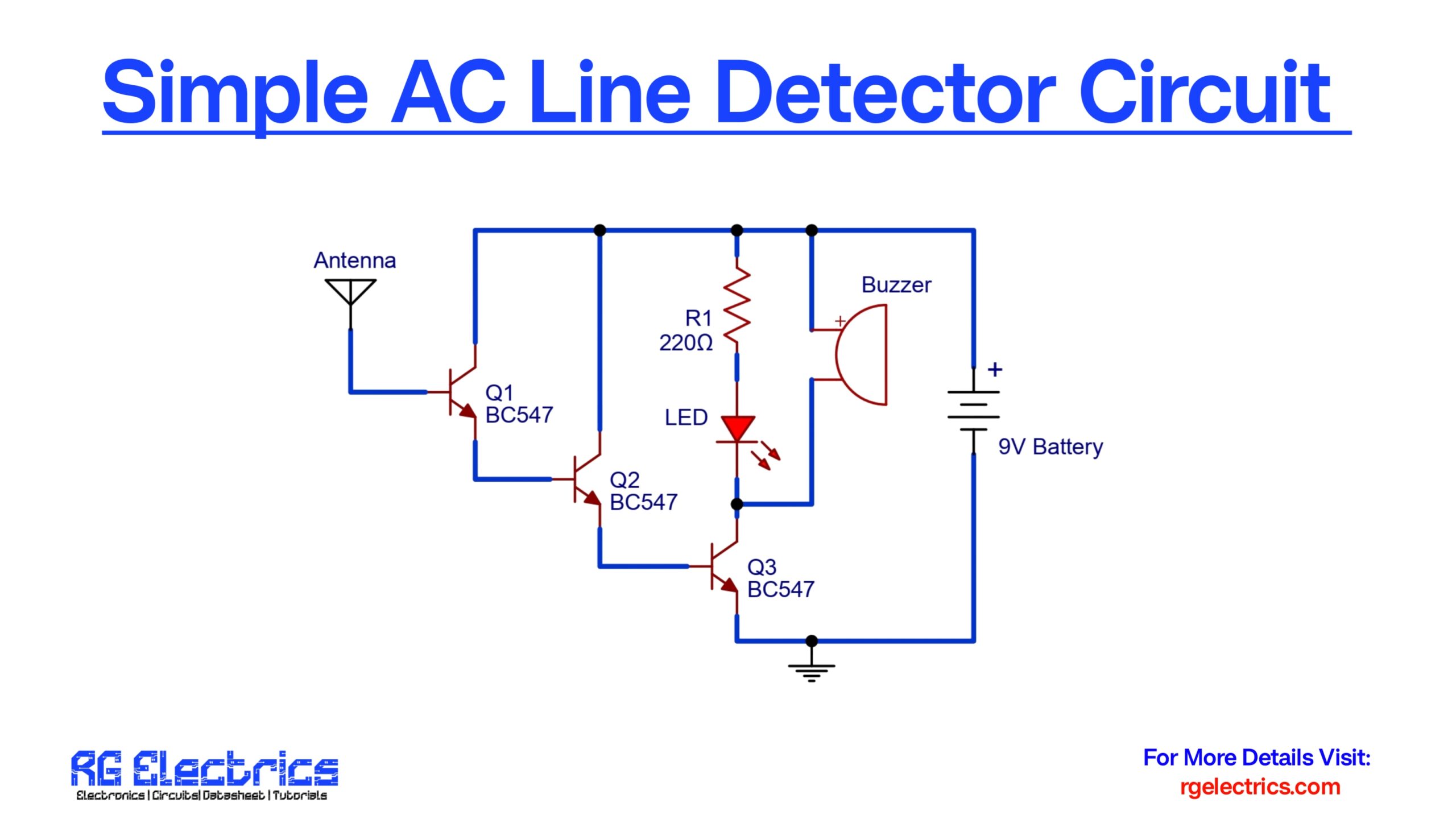Table of Contents
Introduction
Water conservation and efficient water management are essential in both households and industries. A Water Level Indicator Circuit is a simple yet highly effective electronic system designed to monitor and indicate the water level in a tank. This system provides real-time updates using LEDs and a buzzer, ensuring efficient water management by preventing overflow and keeping track of water levels. By implementing this circuit, users can maintain optimal water usage, reduce wastage, and automate water monitoring with ease.
Components Required
The essential components used in this circuit are:
| Component | Specification | Function |
|---|---|---|
| Transistors (Q1 – Q5) | BC547 (NPN) | Switches LEDs and buzzer ON/OFF |
| LEDs (LED1 – LED5) | Standard Red LEDs | Indicate different water levels |
| Resistors (R1 – R5) | 1KΩ each | Limits current to LEDs |
| Buzzer | Standard Piezoelectric | Alerts when the water reaches the maximum level |
| Power Supply | 9V DC | Powers the entire circuit |
BC547 Transistor Pinout

The BC547 transistor used in this circuit has three pins:
| Pin | Name | Function |
|---|---|---|
| 1 | Collector | Connected to the load (LEDs and buzzer in this circuit) |
| 2 | Base | Acts as the control terminal, receives input signal |
| 3 | Emitter | Connected to ground, completes the circuit |
Circuit Diagram

Circuit Working Principle
The circuit functions based on the conductivity of water. Each level probe acts as an input sensor that triggers an NPN transistor when water reaches that level.
- Bottom Level (0%): Q5 remains OFF, and LED5 is OFF, indicating an empty tank.
- 25% Level: When water reaches this level, Q4 turns ON, lighting LED4.
- 50% Level: Q3 conducts, illuminating LED3.
- 75% Level: Q2 activates, and LED2 glows.
- 100% Level: Q1 turns ON, lighting LED1 and activating the buzzer, signaling the tank is full.
Advantages of the Water Level Indicator
- Prevents Water Overflow: The buzzer alerts users when the tank is full.
- Energy Efficient: Consumes minimal power.
- Cost-Effective: Uses readily available electronic components.
- Easy to Install: Simple circuit design with minimal components.
Applications
- Domestic Water Tanks: Helps in managing household water usage efficiently.
- Industrial Water Storage: Prevents overflow and optimizes water consumption.
- Overhead and Underground Tanks: Provides an indication of the water level in various water storage systems.
Conclusion
The Water Level Indicator Circuit is a valuable tool for efficient water management. By using simple electronic components, this system can help conserve water, prevent wastage, and ensure an uninterrupted water supply.

